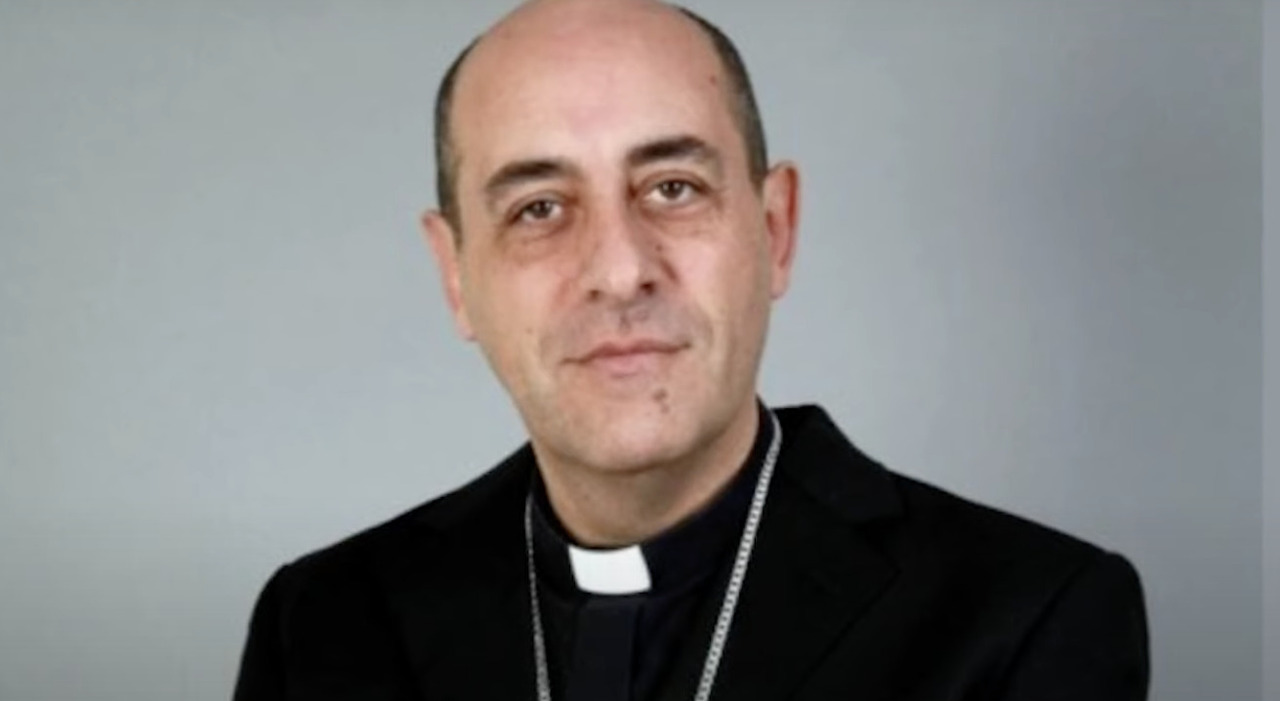The blessing for gay couples is a low-intensity conflict. After the outcry from many episcopates, it is now the turn of the theologians. In fact, despite the Vatican's reassurances and the publication of a second document, the problematic aspects of the Fiducia Supplicans Declaration on how to bless gay couples do not cease to cause unease, distancing, and refusals. It is now clear that opposition can no longer be seen as indiscriminate attacks on the Pontificate, as if they were part of a conspiracy by the most conservative fringe of the Church through Catholic blogs that have proliferated in protest, often anonymously, in many languages (English, French, Italian, Spanish, German).
One of the most esteemed theologians, consultant to some curia dicasteries, teacher at a pontifical university, and author of several publications, the Frenchman Francois Marie Lethel has written an essay on the papal document in which - as an eminent scholar of Saint Teresa of Lisieux, Doctor of Mercy - he wanted to highlight that even the quotation made by Cardinal Victor Fernandez about the great French saint in the text to justify the blessing of gay couples is not pertinent since it induces - even that - to confuse the faithful on the traditional doctrine of marriage between man and woman.
Lethel writes that same-sex couples cannot be equated with heterosexual ones, because they are "against nature and in a certain sense a structure of sin. An irregular couple between a man and a woman could be regularized later, for example after the death of the legitimate spouses. Thus God did not bless the adulterous couple of David and Bathsheba, wife of Uriah. On the contrary, he punished them severely and their son died. Then David repented and from their union legitimately came Solomon (cf. Mt 1,6)".
The Church, he adds, "can only bless what God blesses, always submitting to his Word. Now, the only couple that God blesses is the man and woman he created in his image and likeness (cf. Gen 1,27-28), called by Him to become 'one flesh' in marriage (cf. 2,24). From the biblical point of view, there is no justification for blessing a same-sex couple. If God does not bless such a couple, how could the Church bless it, even with a spontaneous blessing?"
The French theologian, as a consultant to the Dicastery for the Causes of Saints, after studying several cases of holiness in marriage, contemplating the holiness of each of the spouses, has come to the conclusion that "common holiness is not possible for a same-sex couple, because it is not God who has united them. But it remains true that every person is called to holiness and must be blessed".
So what to do? Gays should be blessed separately, not as a couple. "In the blessing, we must somehow separate what God has not united! We need to develop a true pastoral of holiness for homosexual people. We need to reevaluate chastity which is required of all, in all different states of life".
The theologian joins the decision of the entire French episcopate: "For this reason, it is appropriate to bless spontaneously, individually, each of the people who form a couple, whatever their sexual orientation, who ask for God's blessing with humility and with the desire to conform more and more to his holy will". But not the gay couple, as the Fiducia Supplicans suggests doing, published on December 18.
As for Saint Therese, quoted out of context and superficially by the Prefect of the Congregation for the Doctrine of the Faith, Lethel adds that Saint Paul emphasizes the essential aspect of the sin "against nature", which will be constantly reiterated by the Church. "Severely condemned in the Old Testament, the practice of homosexuality was considered normal in the Greek world, as it is today in our European and North American world", but "Thérèse wonderfully understood the thought of Saint Paul regarding the Mercy and Justice of God fully revealed in Jesus Christ. The proper effect of God's Justice is not to judge, but to gratuitously justify the sinful man in the blood of Jesus".
This article is automatically translated
